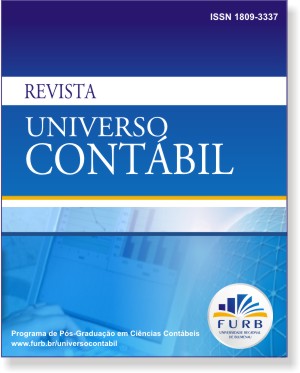NEW CHALLENGES OF ACCOUNTING AND AUDITING IN E-ENVIRONMENT IN INDIA
DOI:
https://doi.org/10.4270/ruc.20095Resumen
E-commerce is rapidly transforming the way accounting and auditing functions are performed, posing new challenges to the accounting profession. A few guidelines exist for meeting some of these new challenges, however, sheer magnitude and diversity of problems render these guidelines grossly inadequate to comprehend their intricacies. Most of the studies on e-commerce have examined the extent of its activities in the advanced countries. However, no attempt seems to have been made to examine the accounting and auditing aspects of e-commerce. The present work, therefore, bridges a research gap: it aims at identifying critical issues related to e-accounting and e-auditing that the professional community is presently confronted with. Two sets of pre-structured questionnaires have been used to collect information from 75 accounting professionals and 75 auditors who are members of the Institute of Chartered Accountants of India. The research has underlined the need for standards related to measurement, recording and disclosure of certain e-transactions. E-environment has also changed the manner of audit and the nature of services required from an auditor. It is hoped that the present work would be useful for professionals, policy makers, regulatory bodies and managers in the development of strategies for better handling of e-commerce environment. It would provide some insight into identification, measurement, communication and verification of economic information about e-commerce transactions.Descargas
Los datos de descargas todavía no están disponibles.
Descargas
Cómo citar
Bansal, S. C., & Sharma, L. (2008). NEW CHALLENGES OF ACCOUNTING AND AUDITING IN E-ENVIRONMENT IN INDIA. Revista Universo Contábil, 5(1), 88–99. https://doi.org/10.4270/ruc.20095
Número
Sección
Sección Internacional
Licencia
Los derechos de autor de los artículos publicados en esta revista son del autor, y los derechos de primera publicación son de la revista. Por aparecer en esta revista de acceso público los artículos son de uso gratuito, con atribuciones específicas, en aplicaciones educativas y no comerciales. La revista permitirá el uso de trabajos publicados con fines no comerciales, incluso el derecho a enviar el trabajo a bases de datos de acceso público.


